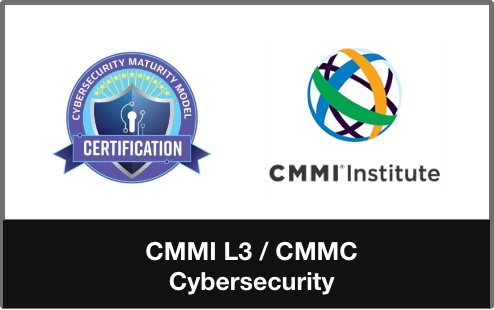Information that could compromise your cyber security posture
The open government data movement began fully maturing in early 2009, at a time when government(s) and society began to truly realize the beneficial value of government data; and open standards were taking root as drivers of innovation. The thrust of this movement was to identify all valuable Government data sets, and to require agencies to make them available to the public, at no cost, and in open-standard formats that ordinary citizens and enterprises could easily access and leverage.
These key principles were enshrined in the Data.gov initiative, established in May 2009, by, then-Federal Chief Information Officer (CIO) of the United States. Ten years later, Data.gov still serves to provide public access to high value, machine readable datasets generated by the Executive Branch of the Federal Government, creating the first publicly available repository for federal, state, local, and tribal government information.
In our attempt to be transparent and share information with all stakeholders; we sometimes inadvertently share sensitive information that could compromise the cyber security posture of the organization.
.
















